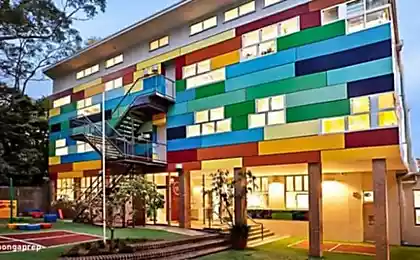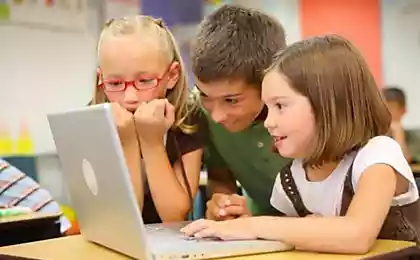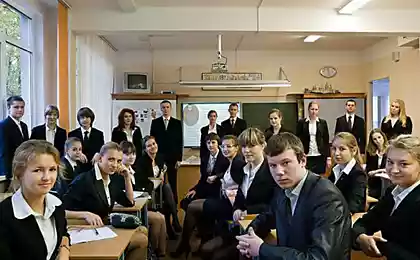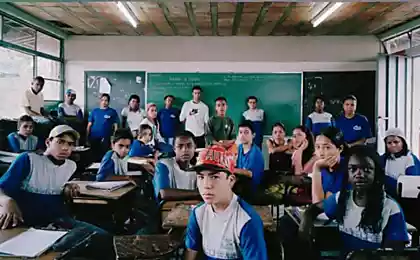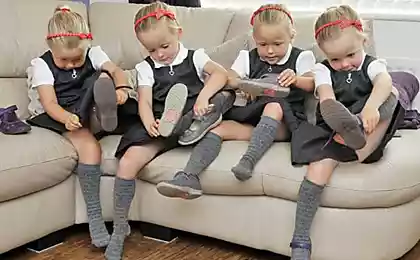203
Features of school education in France
Marketer Larissa Kisel moved from Minsk to Marseille in France a few years ago and founded her business there. She not only found herself, but also skillfully combines family life with the upbringing of two children. The eldest of the girls, Anastasia, began studying at a local school. Editorial “WebsiteI decided to share with you the peculiarities of school education in France on the example of Larissa’s personal experience.
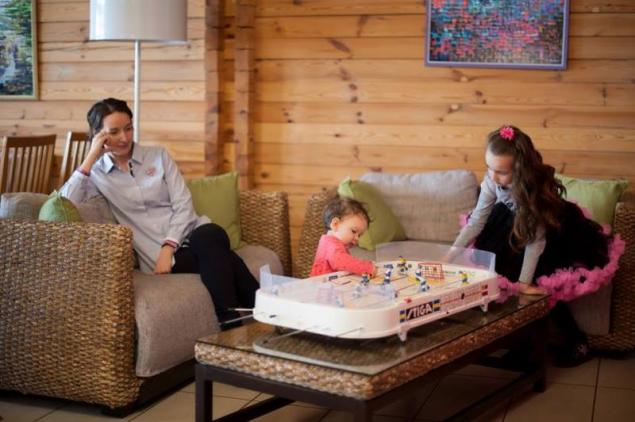
“School classes begin later than the working day for adults, and end earlier.” This mode does not allow you to build work on a schedule. I realized that neither me nor the girls could adapt while I was at home raising children.
Schools in France are specific, and I had to take each daughter to school twice a day. Without the help of a nanny or grandmother, it was difficult to cope. Traditional work did not suit me, so my husband and I decided to open our own bakery, says Larissa.
The French state supports small businesses and the family managed to launch the project for almost ridiculous money. This allowed the woman to spend more time with her family and actively participate in the development of her children.
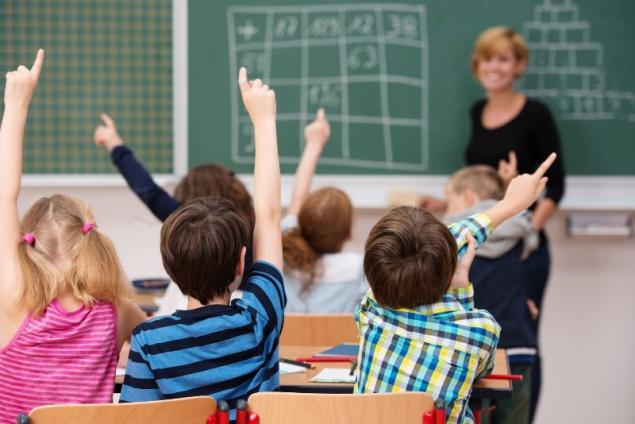
The educational process in all schools is organized differently. Some people are happy with school, other parents are unhappy with it. The family always has the opportunity to move to the area where the school is suitable for them, as the children are assigned to the educational institution in the place of residence.
Larisa Kiesel notes that the main advantage of the French school is the absence of stress and tension. Lessons begin at 8:30 and last until 16:30. One lesson is not 45 minutes, but a little more than an hour. Homework is not given, children spend the whole change on the street in active games, even in the rain. At the same time, no one suffers from idleness and does not play with a smartphone. Students do not get tired - a 20-minute break and a two-hour lunch break allow you to relax.

DepositPhotos
In addition to Saturday and Sunday, French schoolchildren have an additional day off – Wednesday. During this pause, children can sleep off, visit clubs, devote time to favorite things and communicate with family. In addition, the environment makes it possible to treat a mild cold so as not to overload the weakened body with classes at school.
Larissa is pleased that the duration of the school year in France is from September 1 to July 7. The child does not overwork and during the holidays does not have time to forget the material learned. Test papers are written in June and the rest of the time at school children devote to entertainment in the form of concerts, fairs, trips, theater performances, discos and other events.
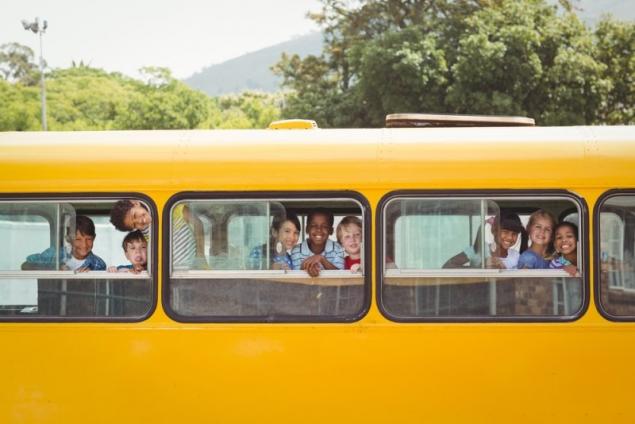
DepositPhotos
The academic year allows French students to rest longer: they have 4 vacation periods, not 3, as in our schools. They don’t have school uniforms, children wear what they are comfortable with, because they actively spend the whole change on the street. September 1 passes without hype and celebrations, there is only an introductory parent meeting.
School in France They pay most of the costs of school supplies. All notebooks are purchased from the school budget, then they are given by the teacher to children as needed.

DepositPhotos Students are fully immersed in the learning process. Curiously, they don't have textbooks on literature. Instead, they read the entire work so that they can discuss and illustrate it in class. Last year, children went through the Harry Potter book cycle as the teacher is a fan of the Potterian.
Mathematics tasks are designed to develop a broader view of the world, and educators encourage children to ask additional questions. The abundance of tasks about money teaches children to properly manage finances.
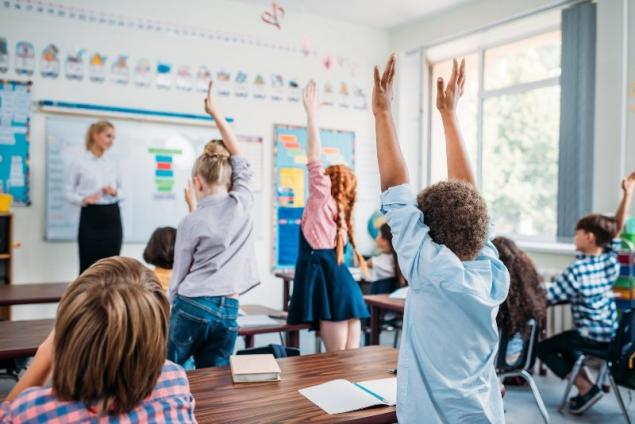
DepositPhotos
The entire school day can be devoted to one subject. In primary school there is no schedule as such: the teacher and students may not know what lessons await them. The work is carried out as the material necessary to achieve the result is mastered.
In a French school, more successful students explain subjects to lagging classmates. If the child does not cope on his own or with the tip of friends, then the teacher comes to the rescue. The school believes in children and relies on their independence, with the support of the teacher.
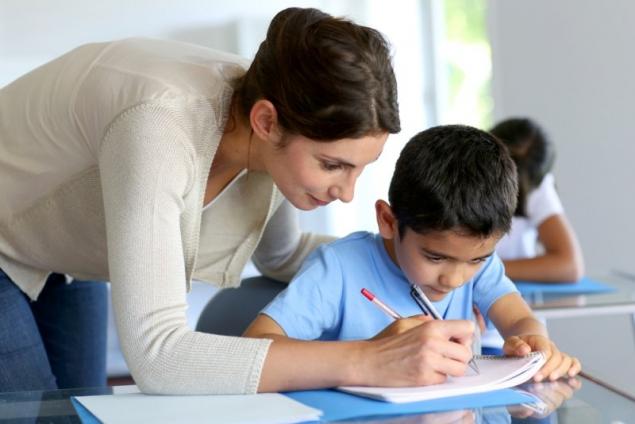
DepositPhotos
Since the children are not asked anything at home, textbooks and other school supplies are kept at school. No one loads children with heavy backpacks, as we are used to.
The child is not afraid of the test, because the teacher conducts them only to understand how the class learned the material. Little French people do not even think of writing off or competing to get a high score at any cost. Children don't do things they're not sure about. Until the whole class has a sufficient level of knowledge, the teacher does not move on to the next topic.
There are no marks at school as such. Every few months, parents receive a document that shows how the child has mastered certain parts of the subject. School in Europe Forms criteria on the principle of “acquired – not learned”. This nuance does not cause children and parents such evaluative pressure as our "excellent", "satisfactory", "good".
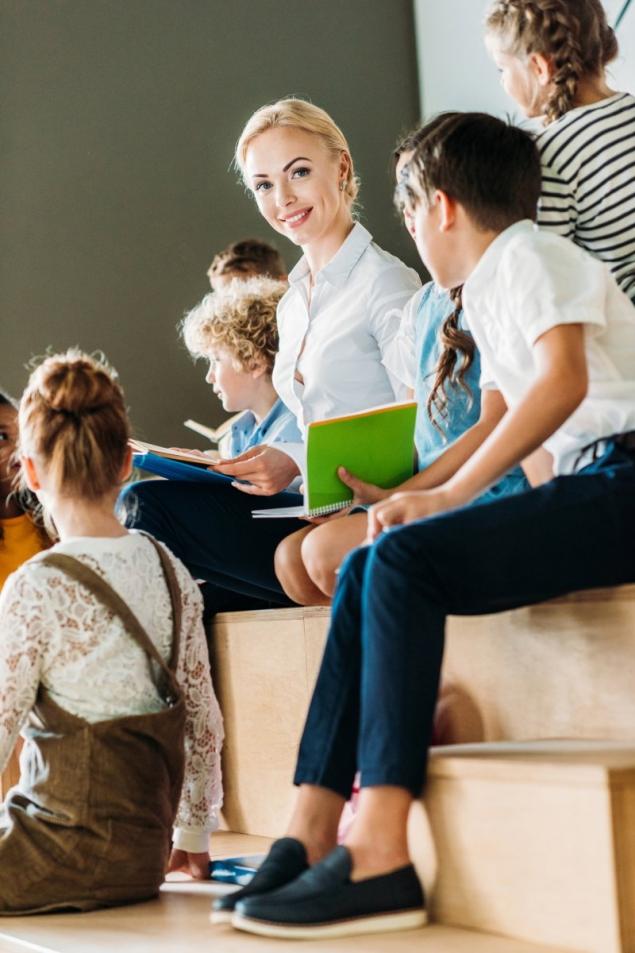
DepositPhotos
A child can improve their academic performance in one subject at the expense of another, using a bonus system. For example, with bonuses for a perfectly completed task in literature, a student can compensate for shortcomings in mathematics. Lagging behind in the program is not a problem. Children often stay in their second year, and no one is ashamed. The system allows you to transfer the child to the next class, while making it possible to finish some subjects in the class level below.
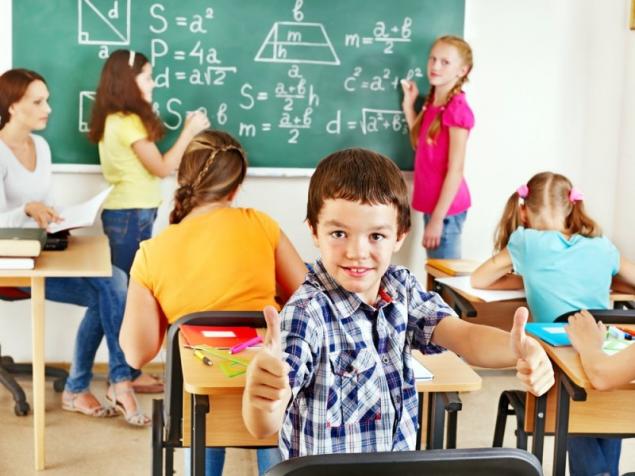
DepositPhotos
The children turn to the teacher for you, and the director makes the guys company in games on the street. In our schools, such a phenomenon is fantastic! In addition, the headmaster greets the students with a smile every morning at the school gate, knows everyone by name. He explains this by the fact that the teacher should be perceived as a close person, so that there is no gulf between him and the child.

DepositPhotos
Of course, there are shortcomings in the French school. “One of the most unpleasant,” says Larissa, “is the invasion of lice, poor level of English in elementary school, during events children sit on the cold asphalt.” But all this is small, the important thing is that children are not nervous, develop and progress without stress and tension.”
By the way, psychologists confirm that you can not force a child to study well. So we foster an attitude where he doesn't want to go back to school, he doesn't want to listen to the teacher, he doesn't want to do the exercises.
Sometimes Cs can achieve much more in life than good and excellent. Perhaps you think that protecting a child from difficulties is nonsense? Is it necessary to put the level of knowledge, strict compliance with requirements, discipline and regime first?
Photo by depositphotos preview.

“School classes begin later than the working day for adults, and end earlier.” This mode does not allow you to build work on a schedule. I realized that neither me nor the girls could adapt while I was at home raising children.
Schools in France are specific, and I had to take each daughter to school twice a day. Without the help of a nanny or grandmother, it was difficult to cope. Traditional work did not suit me, so my husband and I decided to open our own bakery, says Larissa.
The French state supports small businesses and the family managed to launch the project for almost ridiculous money. This allowed the woman to spend more time with her family and actively participate in the development of her children.

The educational process in all schools is organized differently. Some people are happy with school, other parents are unhappy with it. The family always has the opportunity to move to the area where the school is suitable for them, as the children are assigned to the educational institution in the place of residence.
Larisa Kiesel notes that the main advantage of the French school is the absence of stress and tension. Lessons begin at 8:30 and last until 16:30. One lesson is not 45 minutes, but a little more than an hour. Homework is not given, children spend the whole change on the street in active games, even in the rain. At the same time, no one suffers from idleness and does not play with a smartphone. Students do not get tired - a 20-minute break and a two-hour lunch break allow you to relax.

DepositPhotos
In addition to Saturday and Sunday, French schoolchildren have an additional day off – Wednesday. During this pause, children can sleep off, visit clubs, devote time to favorite things and communicate with family. In addition, the environment makes it possible to treat a mild cold so as not to overload the weakened body with classes at school.
Larissa is pleased that the duration of the school year in France is from September 1 to July 7. The child does not overwork and during the holidays does not have time to forget the material learned. Test papers are written in June and the rest of the time at school children devote to entertainment in the form of concerts, fairs, trips, theater performances, discos and other events.

DepositPhotos
The academic year allows French students to rest longer: they have 4 vacation periods, not 3, as in our schools. They don’t have school uniforms, children wear what they are comfortable with, because they actively spend the whole change on the street. September 1 passes without hype and celebrations, there is only an introductory parent meeting.
School in France They pay most of the costs of school supplies. All notebooks are purchased from the school budget, then they are given by the teacher to children as needed.

DepositPhotos Students are fully immersed in the learning process. Curiously, they don't have textbooks on literature. Instead, they read the entire work so that they can discuss and illustrate it in class. Last year, children went through the Harry Potter book cycle as the teacher is a fan of the Potterian.
Mathematics tasks are designed to develop a broader view of the world, and educators encourage children to ask additional questions. The abundance of tasks about money teaches children to properly manage finances.

DepositPhotos
The entire school day can be devoted to one subject. In primary school there is no schedule as such: the teacher and students may not know what lessons await them. The work is carried out as the material necessary to achieve the result is mastered.
In a French school, more successful students explain subjects to lagging classmates. If the child does not cope on his own or with the tip of friends, then the teacher comes to the rescue. The school believes in children and relies on their independence, with the support of the teacher.

DepositPhotos
Since the children are not asked anything at home, textbooks and other school supplies are kept at school. No one loads children with heavy backpacks, as we are used to.
The child is not afraid of the test, because the teacher conducts them only to understand how the class learned the material. Little French people do not even think of writing off or competing to get a high score at any cost. Children don't do things they're not sure about. Until the whole class has a sufficient level of knowledge, the teacher does not move on to the next topic.
There are no marks at school as such. Every few months, parents receive a document that shows how the child has mastered certain parts of the subject. School in Europe Forms criteria on the principle of “acquired – not learned”. This nuance does not cause children and parents such evaluative pressure as our "excellent", "satisfactory", "good".

DepositPhotos
A child can improve their academic performance in one subject at the expense of another, using a bonus system. For example, with bonuses for a perfectly completed task in literature, a student can compensate for shortcomings in mathematics. Lagging behind in the program is not a problem. Children often stay in their second year, and no one is ashamed. The system allows you to transfer the child to the next class, while making it possible to finish some subjects in the class level below.

DepositPhotos
The children turn to the teacher for you, and the director makes the guys company in games on the street. In our schools, such a phenomenon is fantastic! In addition, the headmaster greets the students with a smile every morning at the school gate, knows everyone by name. He explains this by the fact that the teacher should be perceived as a close person, so that there is no gulf between him and the child.

DepositPhotos
Of course, there are shortcomings in the French school. “One of the most unpleasant,” says Larissa, “is the invasion of lice, poor level of English in elementary school, during events children sit on the cold asphalt.” But all this is small, the important thing is that children are not nervous, develop and progress without stress and tension.”
By the way, psychologists confirm that you can not force a child to study well. So we foster an attitude where he doesn't want to go back to school, he doesn't want to listen to the teacher, he doesn't want to do the exercises.
Sometimes Cs can achieve much more in life than good and excellent. Perhaps you think that protecting a child from difficulties is nonsense? Is it necessary to put the level of knowledge, strict compliance with requirements, discipline and regime first?
Photo by depositphotos preview.



